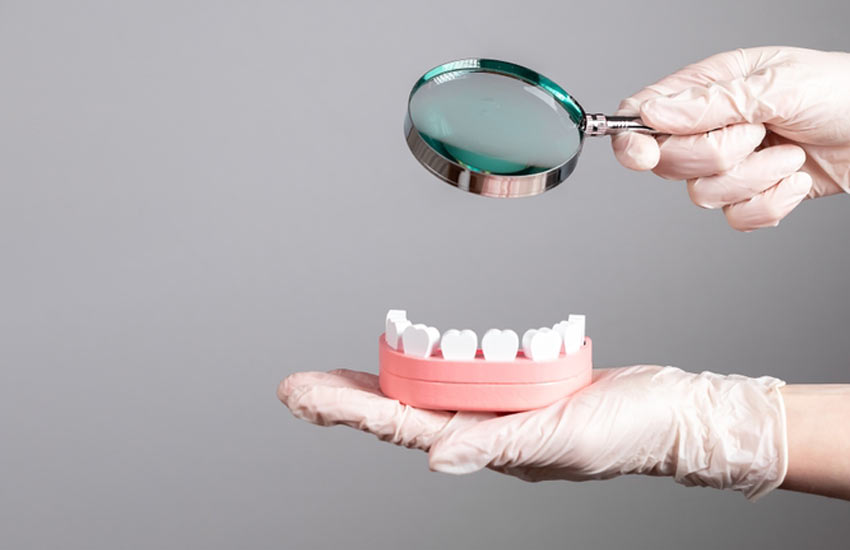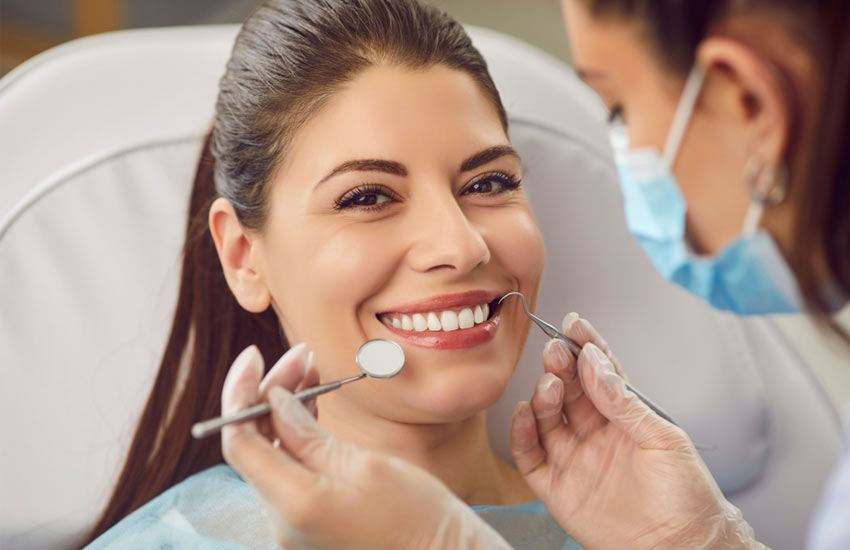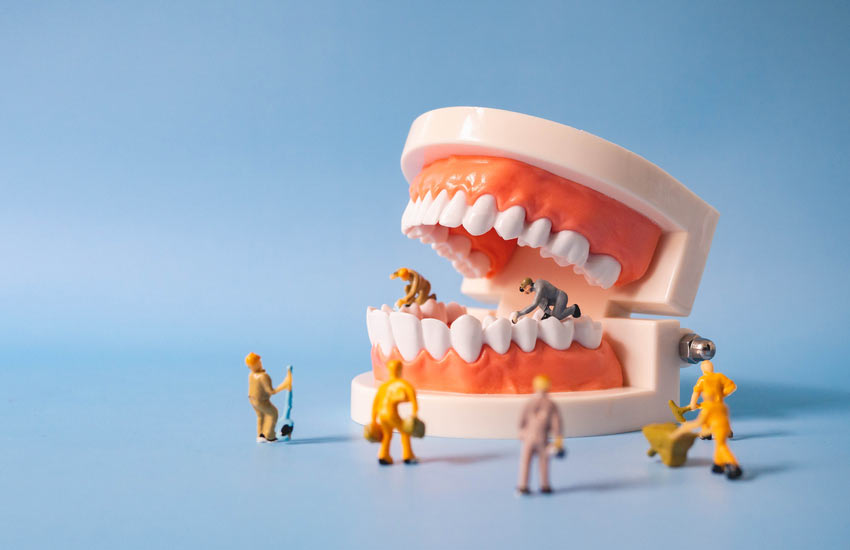Your smile is one of the first things people notice—but keeping it healthy takes more than just daily brushing and flossing. Regular dental checkups are essential not only for maintaining oral health but also for detecting problems early, before they become serious or expensive to treat.
In this article, we’ll explore why dental checkups are important, what happens during a typical visit, and how routine care can save you time, money, and discomfort in the long run.
The Importance of Regular Dental Checkups: What You Should Expect
Many people assume they only need to see a dentist when something hurts. However, this “wait-until-it’s-a-problem” approach can lead to major oral health issues. Just like you schedule annual physicals or eye exams, dental checkups are a vital part of preventive healthcare.
Here’s why regular visits to the dentist are so important:
1. Early Detection of Dental Problems
Cavities, gum disease, and oral infections often develop without pain or obvious symptoms. Dentists use checkups to identify these problems in their earliest stages—when they’re easiest and cheapest to treat.
2. Prevention of Gum Disease
Gingivitis (early gum disease) is reversible, but if left untreated, it can progress to periodontitis, leading to tooth loss and affecting overall health. Your dentist will check for signs of gum inflammation, recession, or plaque buildup.
3. Oral Cancer Screening
Dentists check for abnormalities in the mouth, tongue, and throat during routine visits. Early detection of oral cancer can be life-saving, especially since it often goes unnoticed until it’s advanced.
4. Maintaining a Bright, Clean Smile
Professional cleanings remove plaque, tartar, and surface stains that you can’t get rid of at home. This not only keeps your teeth looking white but also reduces your risk of decay and gum issues.
5. Saving Money on Dental Care
Preventive checkups cost far less than root canals, crowns, or emergency treatments. Regular visits help you avoid major problems—and major expenses.


What to Expect During a Routine Dental Checkup
Understanding what happens during a typical dental visit can help ease anxiety and make the experience more comfortable. Most checkups include two key components: a dental examination and a professional cleaning.
1. Initial Assessment and X-rays (if needed)
If it’s your first visit or you haven’t had X-rays in a while, your dentist may take digital X-rays to check for:
- Cavities between teeth
- Bone loss
- Impacted teeth
- Abscesses or cysts
These images help your dentist assess what’s happening below the surface of your gums.
2. Comprehensive Dental Examination
Your dentist will examine your entire mouth, including:
- Teeth: Checking for decay, cracks, or worn enamel
- Gums: Looking for signs of gum disease such as redness, bleeding, or pockets
- Bite and jaw: Ensuring your teeth align properly and your TMJ is functioning normally
- Oral tissues: Screening for signs of oral cancer or abnormalities on your lips, cheeks, and tongue
3. Professional Teeth Cleaning (Prophylaxis)
A dental hygienist typically performs the cleaning, which includes:
- Scaling: Removing plaque and hardened tartar (calculus) above and below the gumline
- Polishing: Using a high-powered toothbrush and gritty toothpaste to remove surface stains
- Flossing: Deep cleaning between your teeth to eliminate hidden debris
- Fluoride treatment (optional): To strengthen tooth enamel and prevent cavities
4. Personalized Oral Health Advice
After the exam and cleaning, your dentist will discuss any concerns and provide tailored advice on:
- Brushing and flossing techniques
- Nutrition and habits that impact oral health
- Any treatments needed (fillings, sealants, etc.)
- When to return for your next checkup


How Often Should You Get a Dental Checkup?
Most dental professionals recommend a checkup every six months. However, some people may need more frequent visits, especially if they:
- Smoke or use tobacco
- Are pregnant (due to hormonal changes)
- Have diabetes
- Suffer from gum disease or high cavity risk
- Have a weakened immune system
Your dentist will help determine the best schedule based on your individual oral health needs.
The Link Between Oral Health and Overall Health
Did you know your mouth can reveal signs of broader health issues? Studies have linked poor oral health to conditions like:
- Heart disease
- Diabetes
- Stroke
- Respiratory infections
- Rheumatoid arthritis
Gum disease in particular increases inflammation in the body and may worsen chronic health problems. That’s why regular dental checkups are not just about your teeth—they’re an important part of your overall wellness.
Tips for a Successful Dental Visit
Whether it’s your first appointment in years or your routine check-in, here are a few tips to help you get the most from your dental visit:
- Arrive early to fill out paperwork or update medical history.
- Be honest about your dental habits, medications, and any concerns.
- Bring a list of symptoms or questions you may want to ask.
- Stay consistent with appointments, even if everything feels fine
Final Thoughts: Prevention is the Best Treatment
Regular dental checkups are a simple yet powerful way to stay on top of your oral health. These visits allow for early detection, professional cleaning, and guidance that can prevent future issues.
So don’t wait for pain or problems to arise. Commit to seeing your dentist every six months—and enjoy the benefits of a cleaner, healthier, and brighter smile for years to come.
If you are in Round Rock, TX, and looking for the best place to ensure a stress-free and comfortable dental experience for your child, Mayfield Ranch “Dental” is the top choice.






